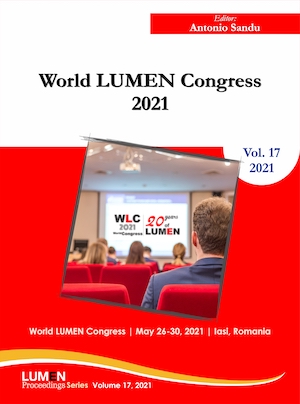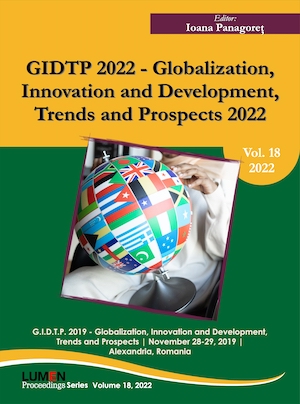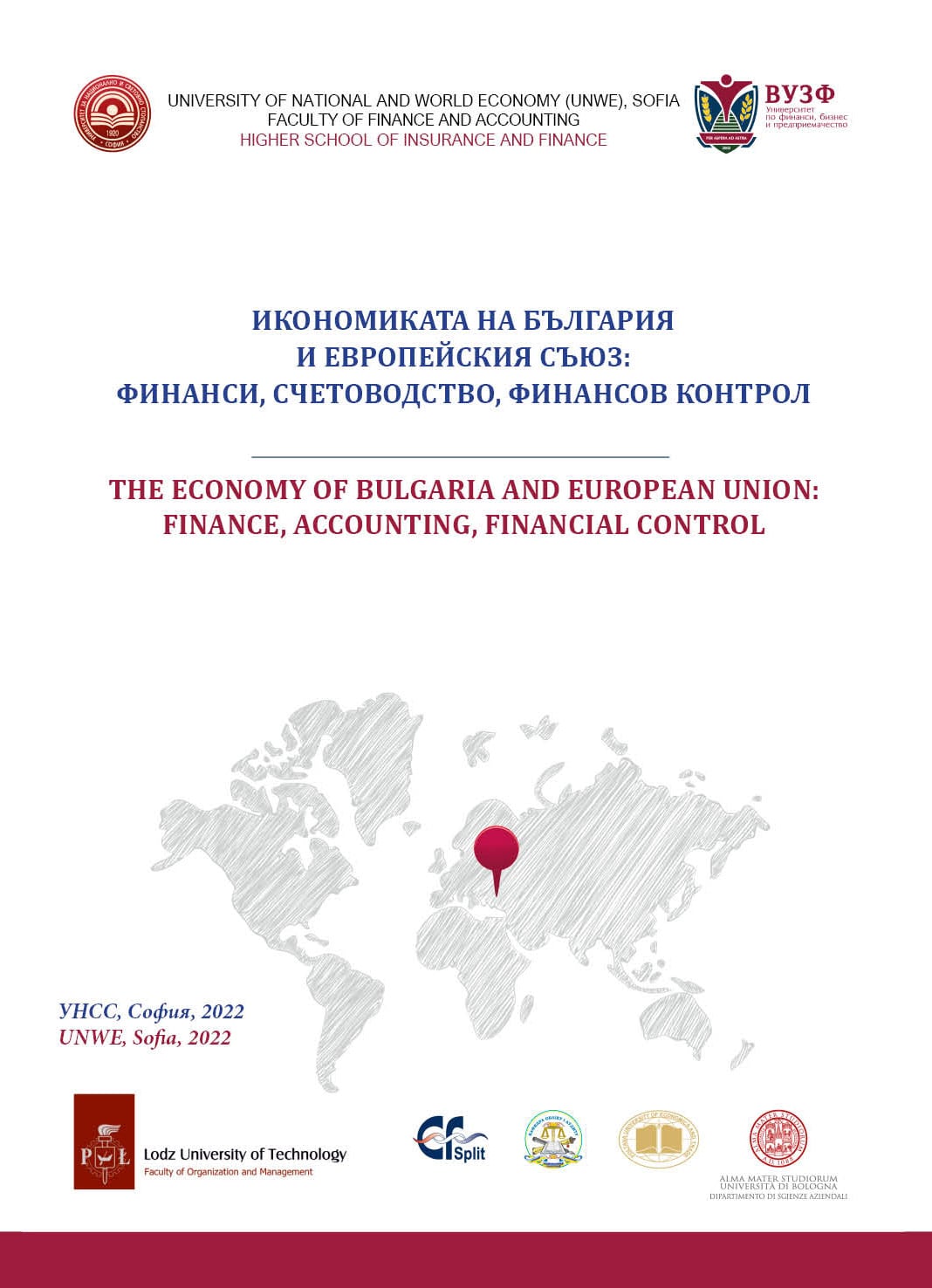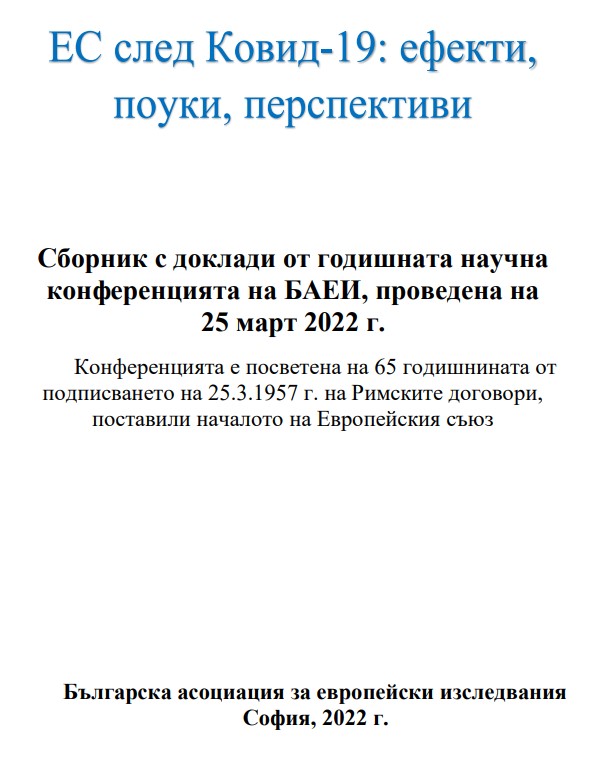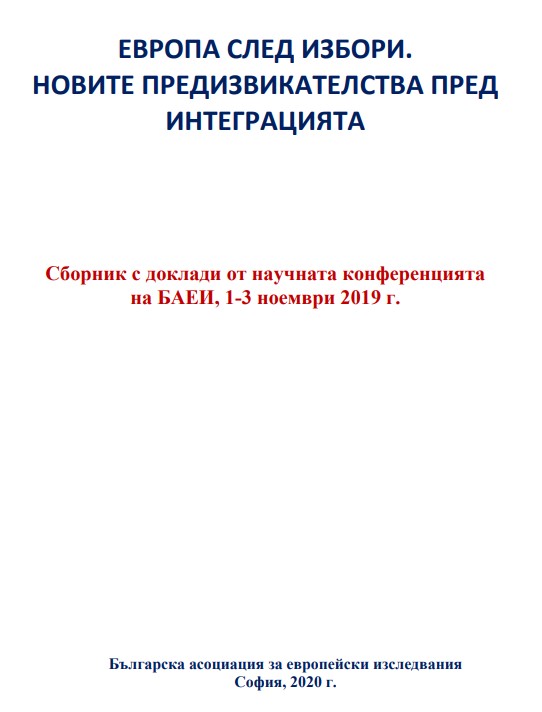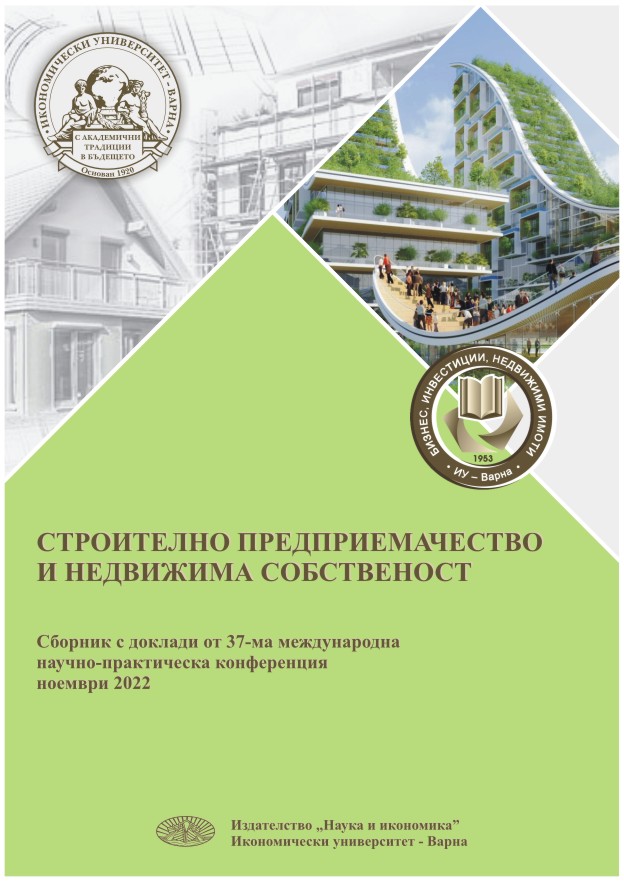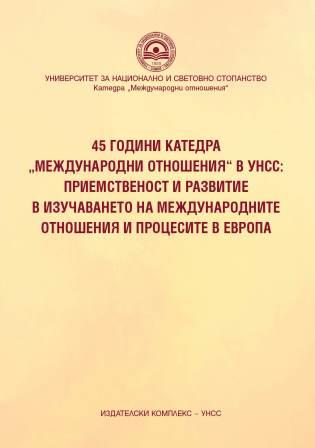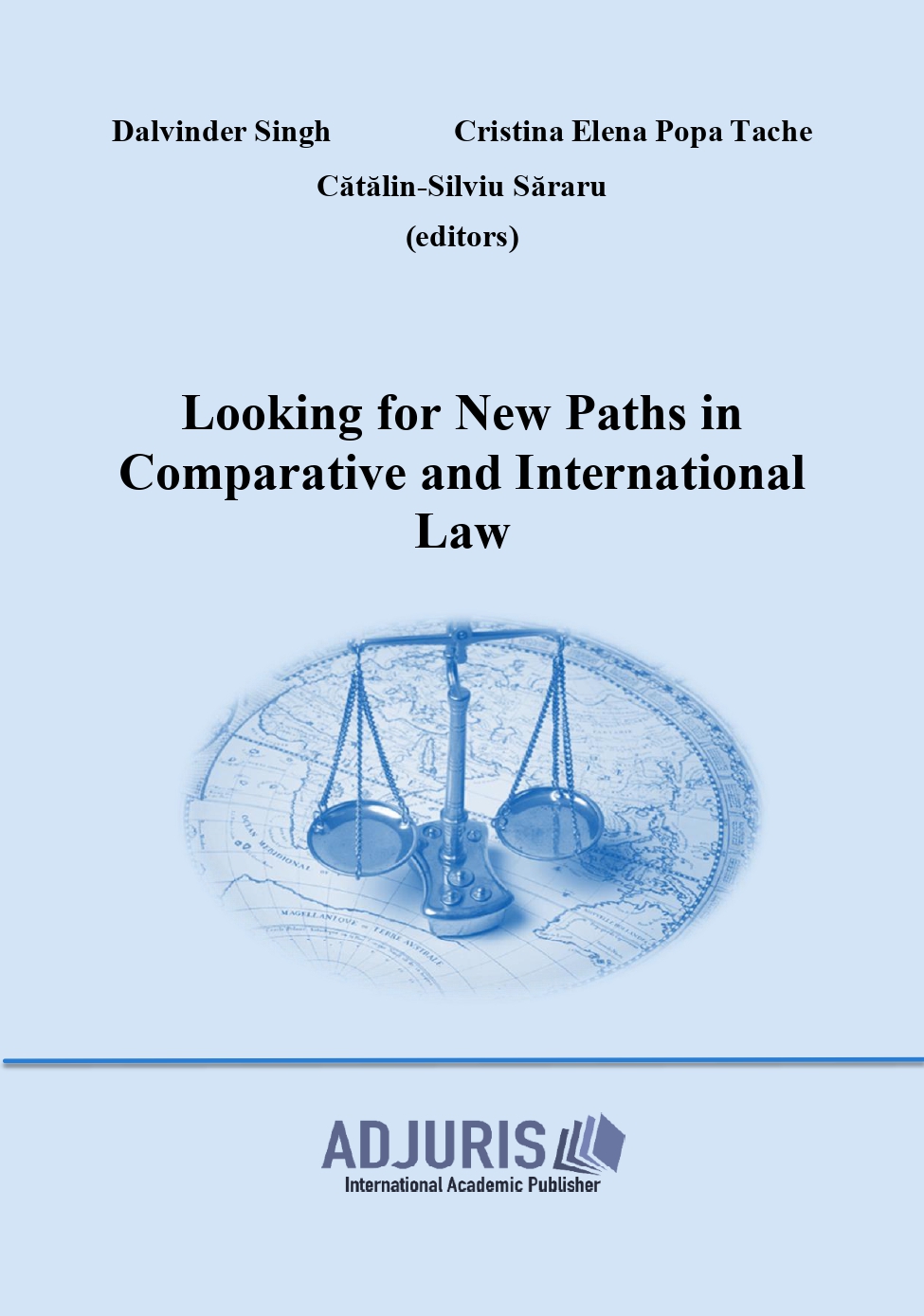
Space forces and the purpose of excuse for the militarization of outer space: an international crime against peace
Triggered by the recent establishment of the U.S. Space Force, the concept of developing national space forces raises many questions concerning peace and humanity, which simultaneously contradict the guarantee of peace and safety. It is generally assumed that the militarization of outer space manifested by space forces would represent a symbol of the threatening power and dominance of space-faring nations. Considering outer space as a contemporary war zone, however, would legally represent a violation of the Outer Space Treaty, even though the treaty itself contains major loopholes legally allowing hostile extraterrestrial activities. The main purpose of this paper is to legally analyze the militarization of outer space from two contrasting perspectives: national security versus international crime against peace, where national predispositions that lead to the initiation of extraterrestrial wars of aggression are recognized as international crimes against peace, meaning that space forces would likely run afoul of international space law.
More...
